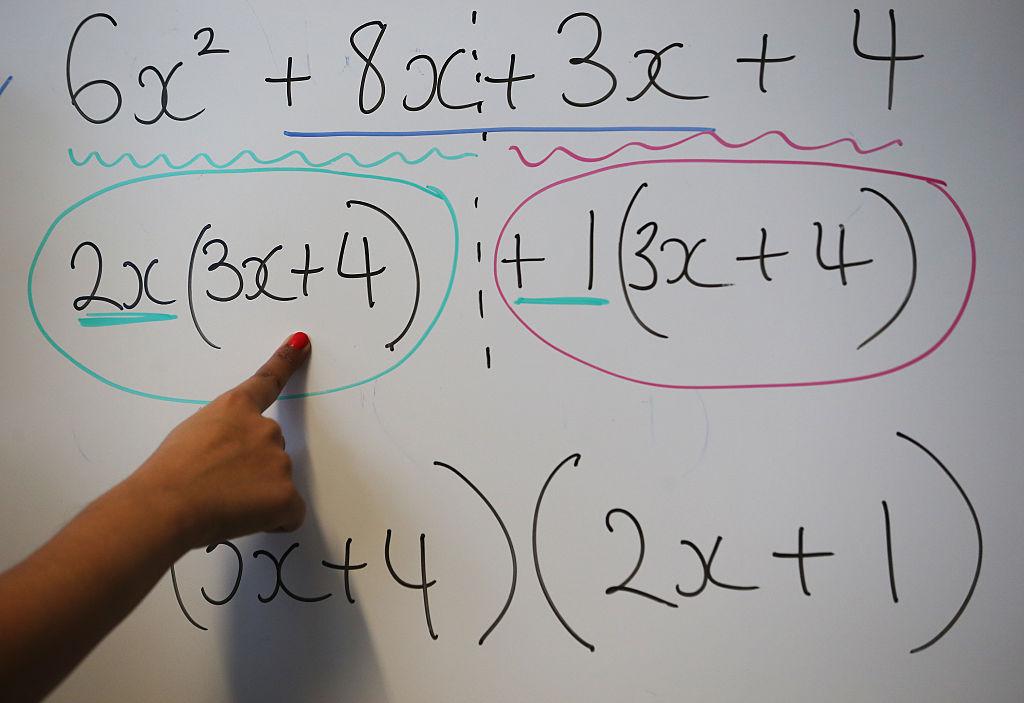The “woke agenda“ has ravaged the teaching quality of mathematics subjects in Australia, and the country would be ”much better off” without it, according to one Australian politician.
The comments come following a report by the Australian Mathematical Sciences Institutes, which reveals there is a “math crisis” in Australia, with Year 12 math enrolment reaching an all-time low.




